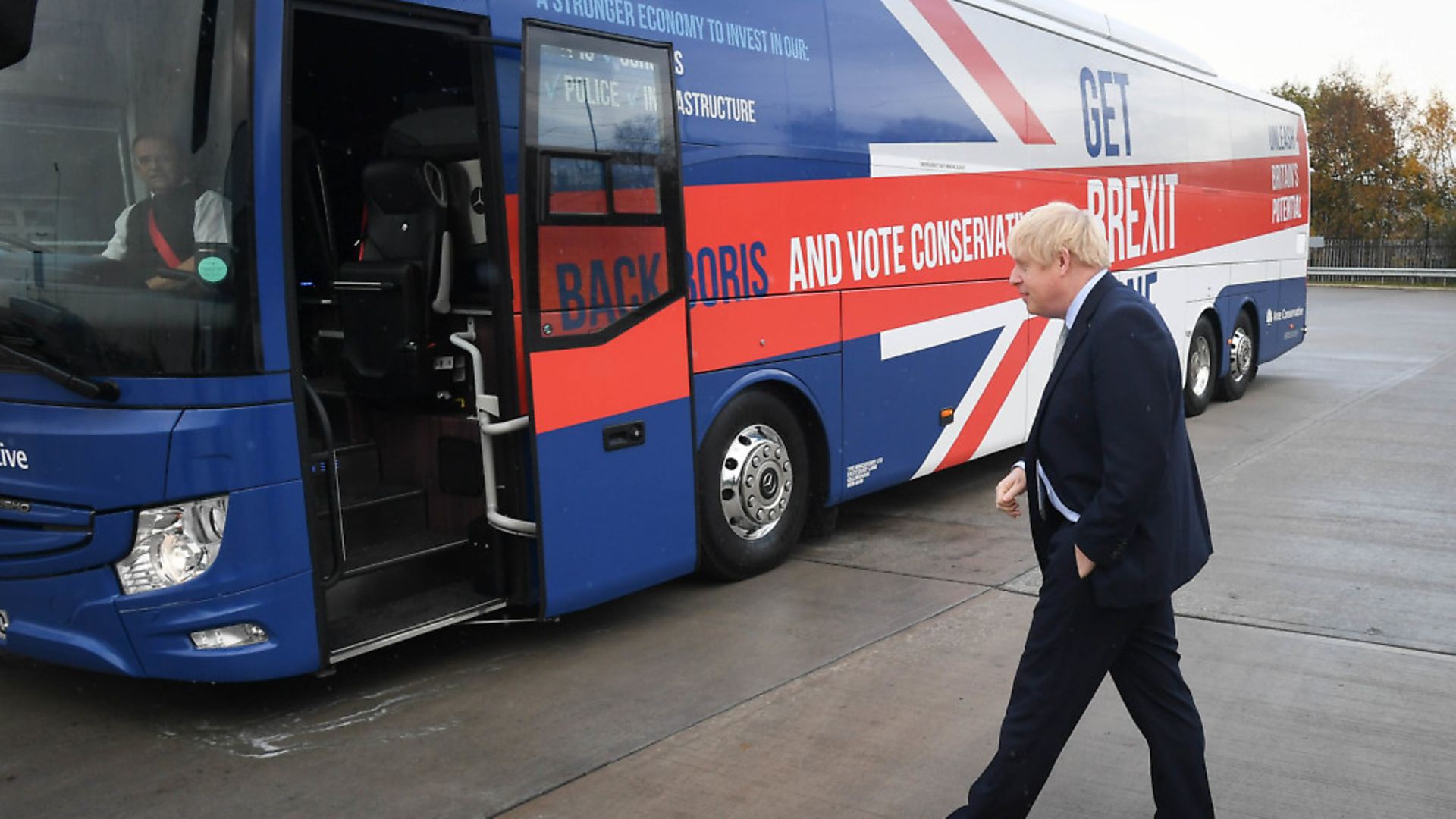
Trade talks between the EU and Britain could take ‘three times longer’ than Boris Johnson is planning, a French minister has warned.
Johnson has said discussions about the future must be completed by the end of 2020 and that there is ample time to agree a wide-ranging deal.
But Amelie de Montchalin said EU member states would bide their time even if that risks causing a chaotic no-deal transition at the end of the year.
“If Boris Johnson says it must end in 11 months from now and we need 15, 24 or 36 months, the 27 will take their time,” she said.
It has already taken the UK more than three-and-a-half years to leave the EU following its June 2016 Brexit referendum.
Britain is scheduled to leave the EU on January 31, at which point it enters a standstill period whereby it remains within the European single market and customs union until the end of 2020.
After Brexit day, official discussions are set to begin on the future relationship between Britain and the EU – since the Brexit vote in June 2016, discussions have only centred on aspects related to the divorce such as citizens’ rights and Britain’s financial liability.
Forging a comprehensive free trade agreement between the EU and a third country usually takes years, not months, and Johnson’s timeline is viewed as unrealistic across the bloc.
The European Commission has said it might be possible to tackle some selected items in 2020, such as fishing rights, but that comprehensive discussions from trade to security would need longer.
French President Emmanuel Macron said earlier this week that in light of Johnson’s insistence that negotiations on the future have to be over by the year’s end, Britain will need to show “flexibility in line with that ambitious schedule”.
EU officials have also warned that negotiations will be made harder by the British government’s insistence that it will not agree to keep EU rules and standards as they develop.
Britain and the EU will have to strike deals on everything from trade in goods and services to fishing, aviation, medicines and security.
The EU has said both sides would suffer – but that Britain would suffer more given the relative importance of the EU economy to the size of the British economy.
“It is a major arm twisting game,” De Montchalin said.









